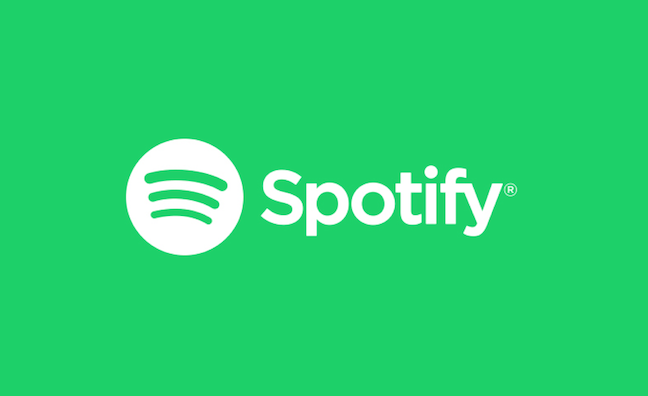Following a backlash against its “vague” approach to removing certain artists from playlists, Spotify has scrapped a key part of its combined measures on hate content and conduct.
Last month Spotify announced it was launching an initiative on hate content and conduct that could result in the removal of artists from playlists or, in certain cases, from the platform. The first two significant artists to be affected were R Kelly and the rapper Xxxtentacion, whose music was no longer promoted on powerful playlists such as RapCaviar.
But the policy quickly unravelled with Xxxtentacion returning to playlists last week. It followed reports of internal dissent from global head of creator services Troy Carter, while representatives of Kendrick Lamar are said to have threatened to remove the rapper’s music as a result of the original policy.
Now Spotify has officially ditched the hate conduct element, while it has toned down the language regarding hate content and will specifically not target “offensive, explicit, or vulgar content”.
“We rolled this out wrong and could have done a much better job,” CEO Daniel Ek said during a keynote at the Code Conference in California this week.
Today Spotify followed up with a statement (in full below) that outlines the revised approach on hate content and conduct:
“Spotify recently shared a new policy around hate content and conduct. And while we believe our intentions were good, the language was too vague, we created confusion and concern, and didn't spend enough time getting input from our own team and key partners before sharing new guidelines.
“It’s important to note that our policy had two parts. The first was related to promotional decisions in the rare cases of the most extreme artist controversies. As some have pointed out, this language was vague and left too many elements open to interpretation. We created concern that an allegation might affect artists’ chances of landing on a Spotify playlist and negatively impact their future. Some artists even worried that mistakes made in their youth would be used against them.
“That’s not what Spotify is about. We don’t aim to play judge and jury. We aim to connect artists and fans – and Spotify playlists are a big part of how we do that. Our playlist editors are deeply rooted in their respective cultures, and their decisions focus on what music will positively resonate with their listeners. That can vary greatly from culture to culture, and playlist to playlist. Across all genres, our role is not to regulate artists. Therefore, we are moving away from implementing a policy around artist conduct.
“The second part of our policy addressed hate content. Spotify does not permit content whose principal purpose is to incite hatred or violence against people because of their race, religion, disability, gender identity, or sexual orientation. As we’ve done before, we will remove content that violates that standard. We’re not talking about offensive, explicit, or vulgar content – we’re talking about hate speech.
“We will continue to seek ways to impact the greater good and further the industry we all care so much about. We believe Spotify has an opportunity to help push the broader music community forward through conversation, collaboration and action. We’re committed to working across the artist and advocacy communities to help achieve that.”












